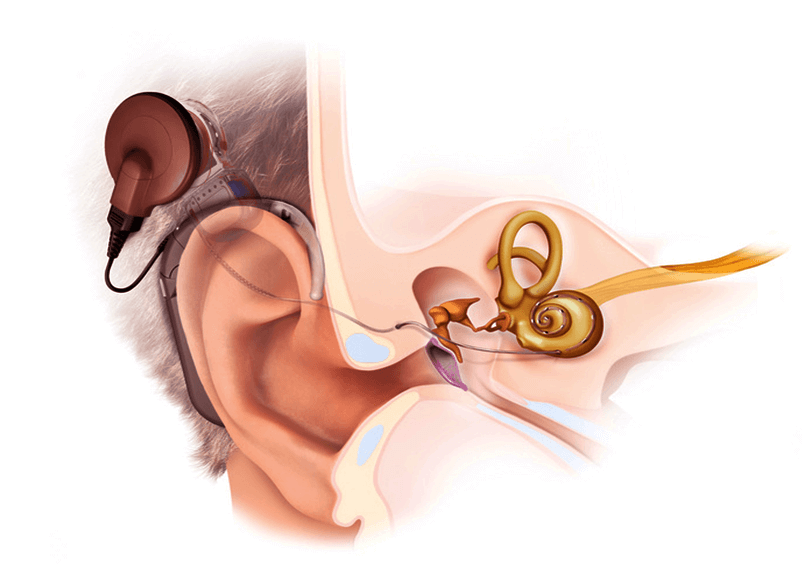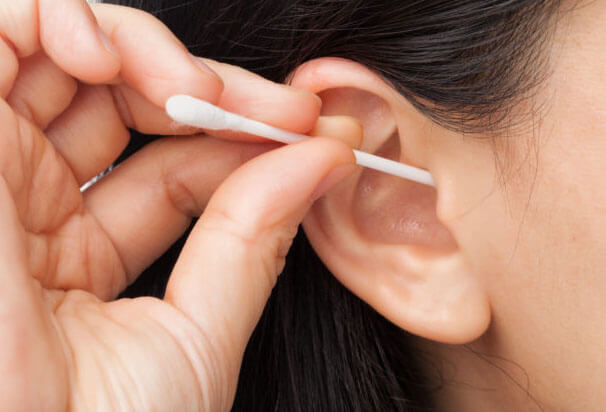Ear
Nose
Voice and Throat
Head & Neck
.jpg)
Ear
The ear has external, middle, and inner portions. The outer ear is called the pine and is made of ridged cartilage covered by skin. Sound funnels through the pine into the external auditory canal, a short tube that ends at the eardrum (tympanic membrane).
Sound causes the eardrum and its tiny attached bones in the middle portion of the ear to vibrate, and the vibrations are conducted to the nearby cochlea. The spiral-shaped cochlea is part of the inner ear; it transforms sound into nerve impulses that travel to the brain.
The fluid-filled semicircular canals (labyrinth) attach to the cochlea and nerves in the inner ear. They send information on balance and head position to the brain. The Eustachian (auditory) tube drains fluid from the middle ear into the throat (pharynx) behind the nose.

FEW COMMON EAR SURGERIES

Why people keep scratching Ear?
Most of my outdoor patients complain of itching in the ear. On examination, I find often no abnormality in ear except for broken hairs, bald canal skin or scratch marks. The problem is really not in the ear but in the mind. the Indian mindset is set from childhood that ear is a dustbin full of dirt and it should be cleaned regularly. but the truth is else.
I tell you the Wax is natural gift of the God to man. its a substance secreted by modified sweat glands and it contains lysozymes which inhibit the growth of bacteria. it's being a sticky substance catches all dust, foreign particles etc and does not let go towards the eardrum. it also acts as a physical barrier.
But then still wax become the center of all ear problems why?
Sometimes wax becomes dry or hard then it may cause discomfort but if you put some wax softening drops, then most of the people even will not have this discomfort. and rarely Wax is the cause of ear problems unless water enters into ears when it swells up or catches fungal infection.
Ear has a natural mechanism of cleaning the wax in form of migratory epithelium and hair which push the wax out. Problem comes when people starts using earbuds thinking by promotional advts that these are the right instruments for cleaning ear. but they are not Why?
The best way to solve your problem is first to consult a ENT specialist to rule out other causes of itching and then if this is the cause (indeed this is the cause in most of the cases), forget the ear. I quote like this.
What is noise induced hearing loss & How does it occur? When excessive sound energy strikes the inner ear, it damages the hair cells of the cochlea. If it is brief and not very loud, the noise may cause a temporary reversible damage called temporary threshold shift. This is seen in the initial stages off factory exposure, music concerts, loud i-POD music etc. If the noise is loud and for long duration or sudden and very loud, it may cause a permanent (irreversible) threshold shift.??
SUDDEN HEARING LOSS( An ENT Emergency)This is a real E.N.T emergency. Many a time it is termed as ear attack like heart attack. Pathophysiology behind it is decreased blood supply to the inner ear/ hypoxia or baro trauma, or any other cardiovascular event . It can be reversed if patient reports with in 5-15 days. When this kind of symptom is noticed, immediately contact an E.N.T doctor.